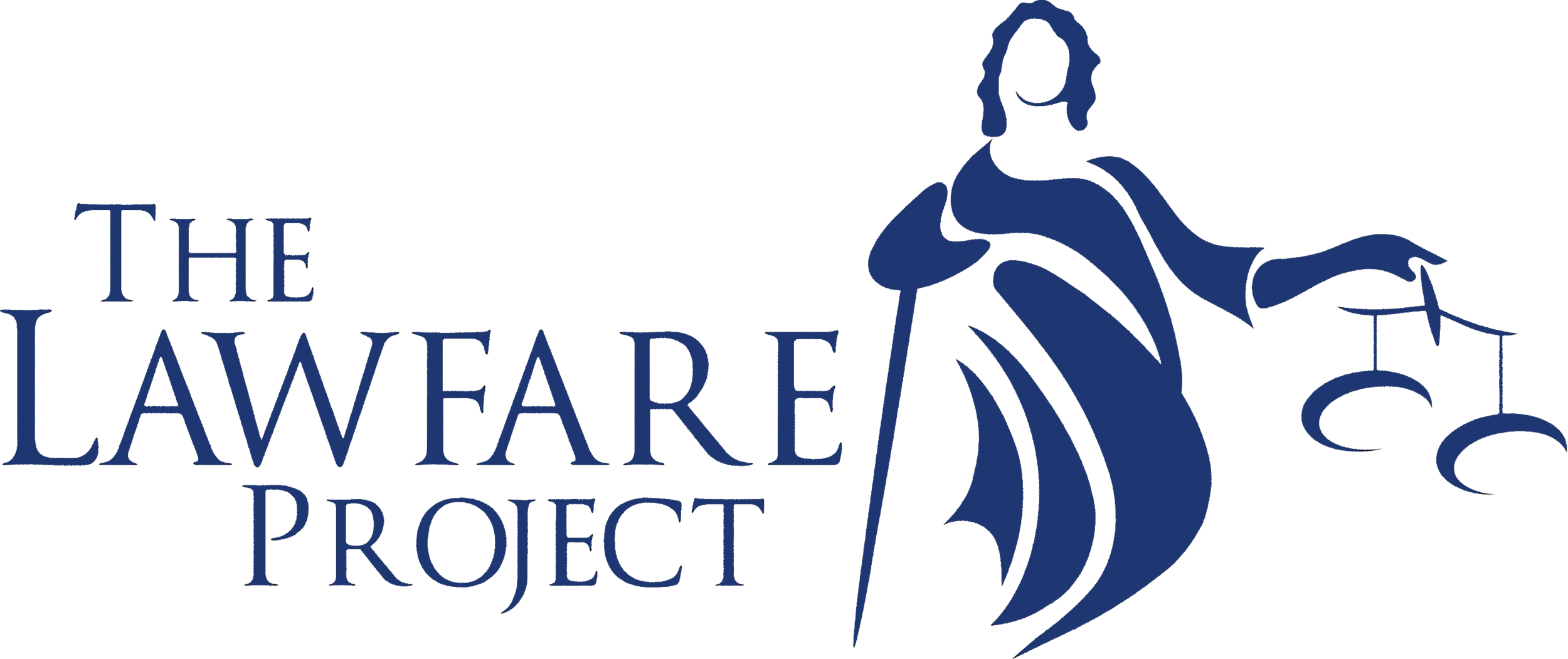Law against discrimination in Israel
The Law Against Discrimination Against Israel
By Eugene Kantrowicz
Posted on 06/04/2014 20:00
Two and a half years ago, the Knesset enacted the Boycott Law, according to which any public call for a boycott against a person or any party solely because of its connection to the State of Israel, one of its institutions or an area it controls, constitutes grounds for a tort claim. Opponents of the law claim that it violates freedom of expression and is incompatible with democratic values. They also warn that it will lead to the delegitimization of the State of Israel and will further alienate it from its supporters among Western democracies. Indeed, the US State Department and the European Union have already used the opportunity to demand from Israel standards that were never demanded by other countries.
As expected, a petition was also filed with the Supreme Court, arguing that the law is unconstitutional. In a recent hearing in the petition, it appeared that the court tends to fall into the trap set by the petitioners, and to distinguish between calling for a boycott against a person because of his connection to Israel and a call to boycott a person because of his connection to the area under Israeli control.This is a trap. Since the permit to confiscate bodies operating in Judea and Samaria is actually a permit to confiscate all of Israel. There is almost no large economic body in Israel that has no activity in Judea and Samaria - banks, construction companies, transportation, high technology, insurance companies and pension funds, etc. Anyone who wants to boycott Israeli bodies can rely on their activity or connection to the West Bank.
Moreover, the organizations calling for a boycott of Israel do not distinguish between the Golan Heights and East Jerusalem, areas annexed to Israel and its laws apply to them, and Judea and Samaria.After all, the boycott was an important tool in the Arab strategy against the Jewish presence in the Land of Israel even before the establishment of the state, and today it has become a central tool for those interested in delegitimizing, weakening and isolating Israel. The law's reference to the boycott against anyone connected to Judea and Samaria is not intended to block the mouth, but to prevent the law from being emptied of its content.
If the Supreme Court approves this distinction between "connection to Israel" and "connection to Judea and Samaria" - the supporters of the boycott will argue that they should not be more pro-Israel than the Supreme Court of Israel. From now on they will be able to boycott Israeli bodies operating beyond the Green Line, with the approval of the court. Thus, the Supreme Court is liable to thwart the Knesset's efforts to protect the Israeli economy from boycotts imposed by its enemies.
Still, the fundamental question remains: Does the law infringe freedom of expression disproportionately? It should be emphasized here: There is no universal code to define the boundaries of freedom of expression. Any determination on the question of which expressions are entitled to protection takes into account the balance between real danger following the use of a particular expression and freedom of expression, and different democracies set different balancing points. In the United States, the defenses to freedom of expression are stronger than in any other Western country. In most European countries - and in Israel too - there are many laws that restrict freedom of speech in a way that would not pass the hurdle of the First Amendment. However, when it comes to an important government interest (such as preventing discrimination), even the US Supreme Court allows freedom of speech to be restricted, and even states that it is not possible to provide advice to an organization related to terrorism, More against a boycott of Israel, directed against those who obey the call for a boycott, and which has been enforced for decades, even though it involves the economy of another country. In France, too, there is a serious criminal law against the imposition of boycotts, and in recent years there have been convictions in it of calling for a boycott of Israeli companies.
In all countries the protections on freedom of expression do not include expressions that may cause real harm - for example, shouting "fire" in a hall full of people. In Britain, for example, there are strict libel laws that prevent public condemnation, but no one claimed that Britain was not a democracy.
The Boycott Law prohibits the use of expressions intended to cause harm to businesses solely because of national identity, and is thus consistent with anti-discrimination legislation. Many countries have enacted laws to protect against those who plot to cause economic damage, such as antitrust laws, sometimes while prohibiting the use of certain expressions. In many countries, there are also laws prohibiting commercial or economic discrimination on national or ethnic grounds. These laws prohibit discrimination against businesses only because they are Israeli, as in most European countries and in Israel, there are laws prohibiting the use of expressions containing hatred.
The movement for boycotting Israel promotes hatred towards it and may harm most of its residents. This danger increases the usefulness of freedom of expression, especially since the law does not limit the right to argue for the policy that the boycott is supposed to promote, but only the call for the boycott itself.
The law against boycotts is therefore clearly included within the boundaries of open democracy. The attempt to condemn Israel because of laws that restrict freedom of expression, similar to what exists in the US and Europe, expresses precisely the problem inherent in the boycotts themselves: one standard for Israel and another standard for the rest of the free world.
The writer is an expert on international and constitutional law, a lecturer at Northwestern University and a senior fellow at the Ecclesiastes Forum
